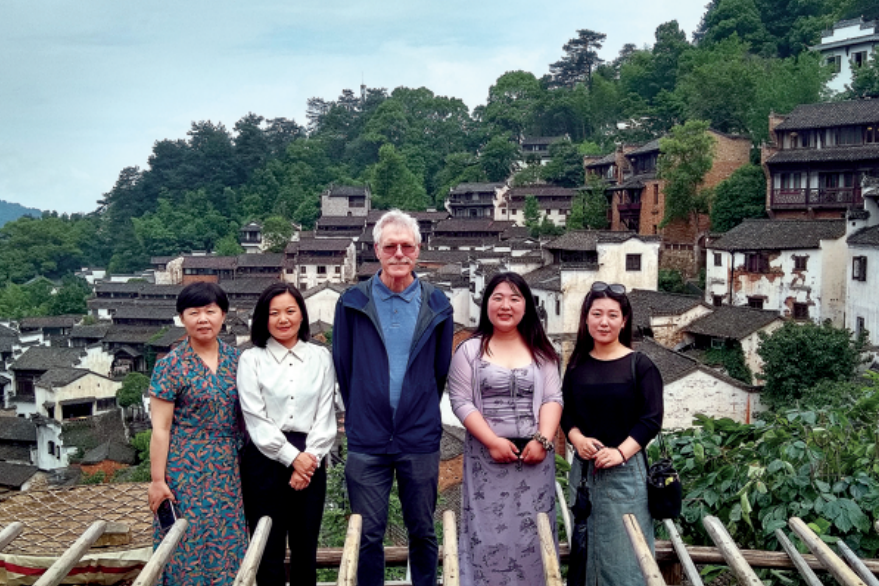China, Central Asian nations to bolster solidarity
They agree at foreign ministers' meeting to strengthen cooperation in all aspects

China and the five Central Asian countries of Kazakhstan, Kyrgyzstan, Tajikistan, Turkmenistan and Uzbekistan agreed to further enhance cooperation in all aspects as their foreign ministers met on Sunday in Chengdu, Sichuan province, to make preparations for the second China-Central Asia Summit.
The six nations agreed to strengthen the China-Central Asia mechanism and lend full support to ensure the success of the summit, which is scheduled for next year in Kazakhstan, Foreign Minister Wang Yi said at a joint news conference after the meeting.
They agreed to start, as soon as possible, discussions on and the signing of the summit's joint declaration and other important documents, including an action plan for high-quality cooperation on the Belt and Road Initiative and a treaty for permanent neighborliness and friendly cooperation among the six countries, he said.
Briefing the media on the points of common understanding reached at the foreign ministers' meeting, Wang said that China and the Central Asian countries looked forward to further strengthening alignment of their development strategies.
Facilitation of trade and personnel exchanges, industrial investment, connectivity, green mining and modernization of agriculture are the major areas for cooperation, Wang said, adding that the countries will work out cooperation documents and action plans to implement the Global Development Initiative.
China hopes to expand cooperation with Central Asian countries in areas such as the application of the Beidou Navigation Satellite System, poverty reduction, the fight against desertification, and higher education, he said.
China and the countries have also vowed to continue to maintain regional peace and stability by actively implementing the Global Security Initiative and working together to combat the "three forces" of terrorism, separatism and extremism, he added.
Wang also voiced firm opposition to external forces interfering in the internal affairs of the five countries and creating chaos in Central Asia.
The six nations agreed at the foreign ministers' meeting to assist Afghanistan in achieving peaceful reconstruction as soon as possible, he said. They also agreed to continue to implement the Global Civilization Initiative and strengthen mutual learning between civilizations, he added.
Wang announced that China will provide 1,500 training opportunities for people from the five Central Asian countries over the next three years and increase the number of scholarships by 600, in order to nurture more talent to contribute to the countries' development.
All parties have agreed to fully support China in assuming the rotating presidency of the Shanghai Cooperation Organization, and will safeguard the victory of World War II by upholding the hard-won peace and security, he said.

































